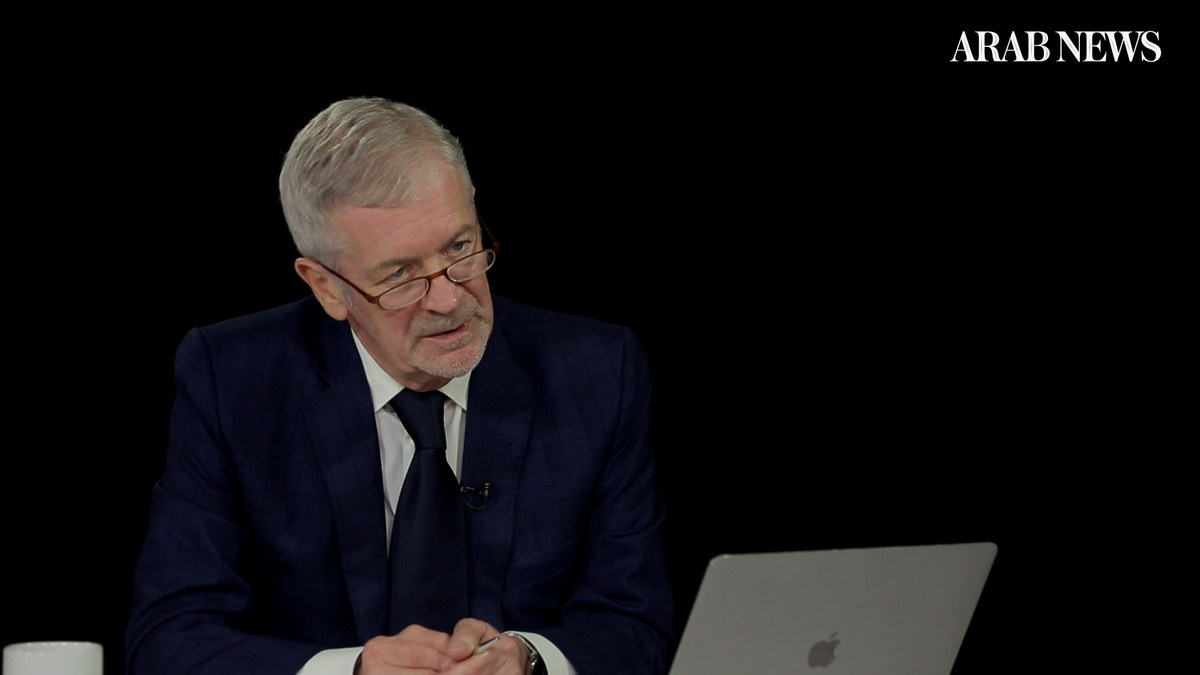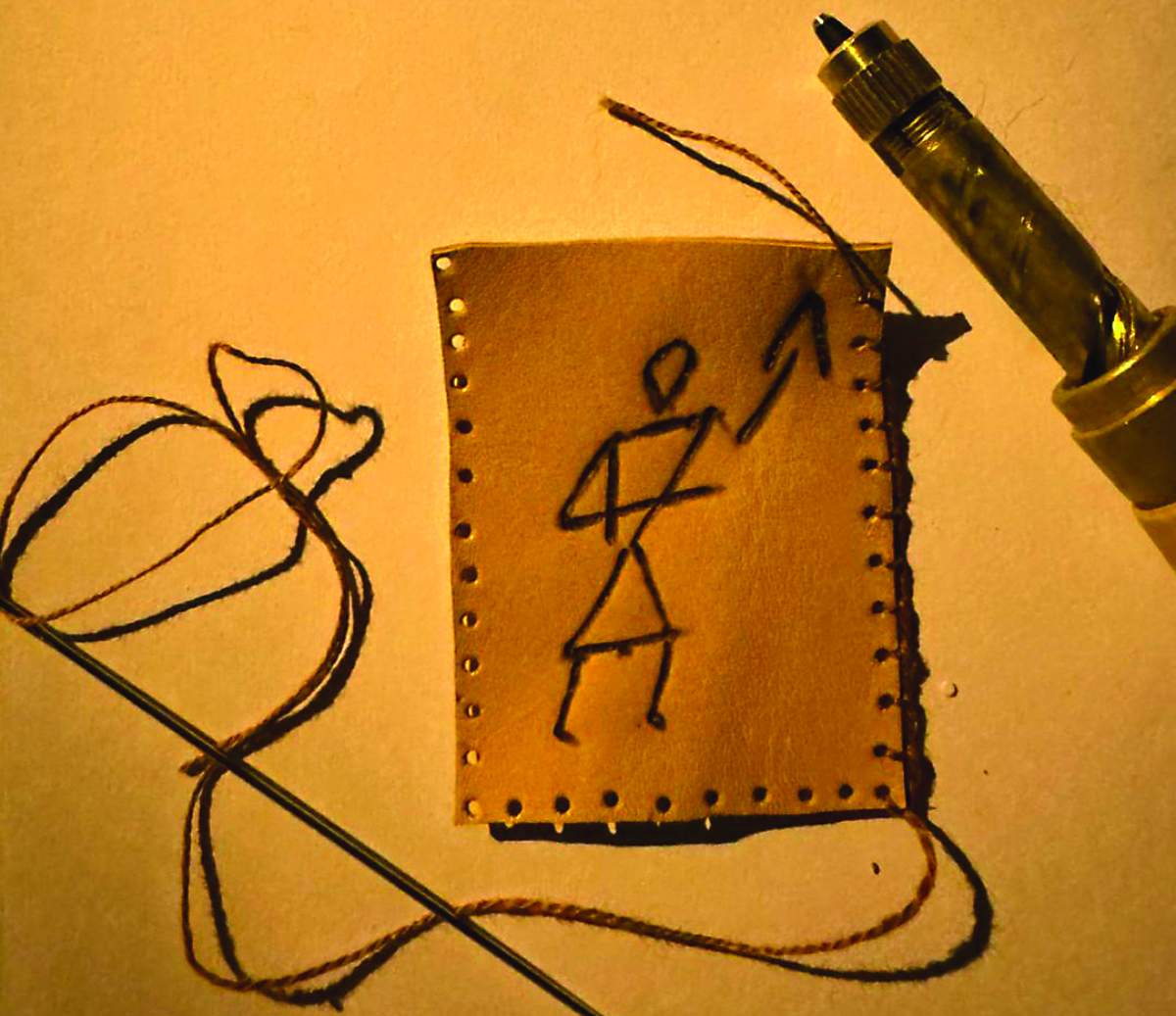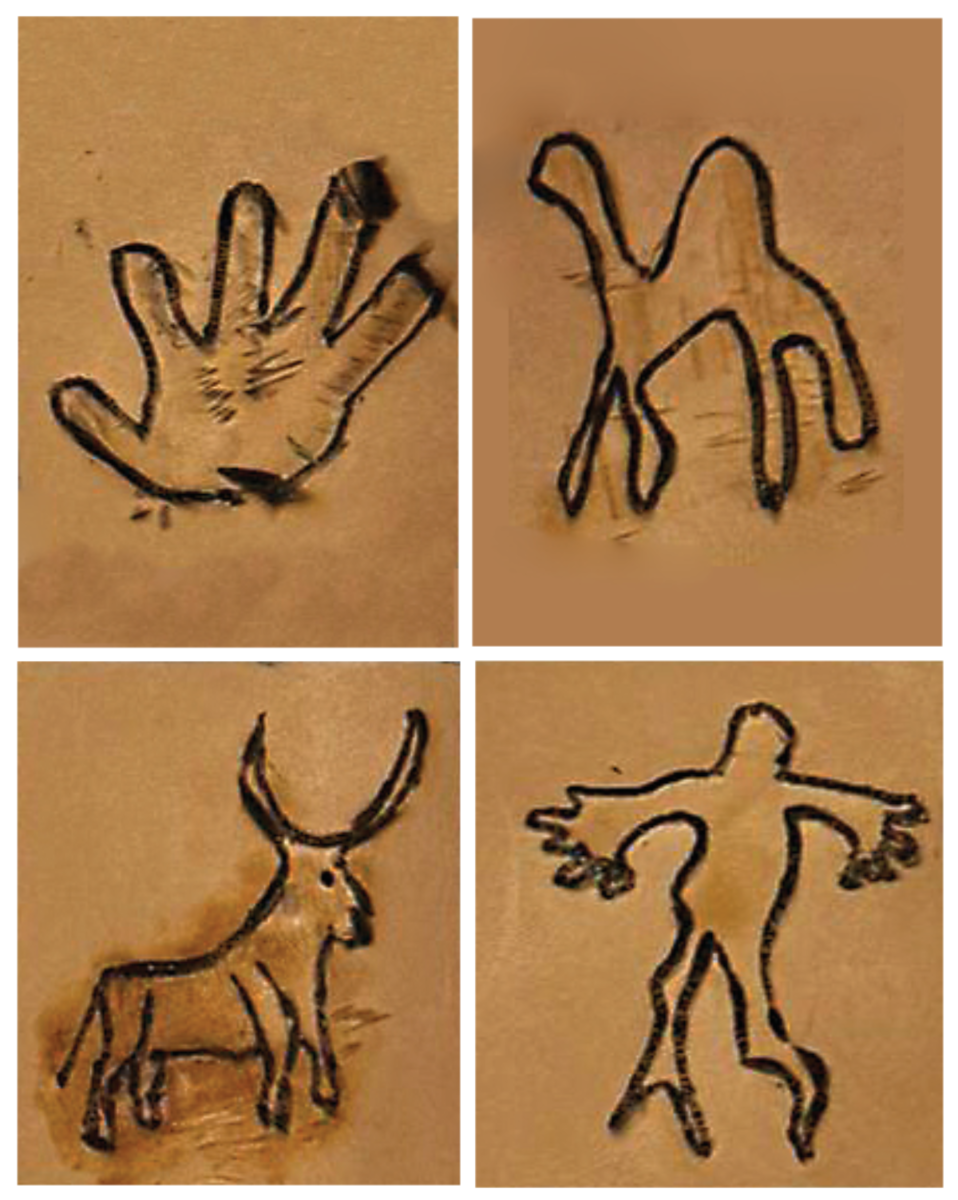DUBAI: France and the rest of Europe can learn from Saudi Arabia’s approach to combating the financing of terrorism, a leading French politician and foreign affairs expert has told Arab News.
Nathalie Goulet, a member of the Senate of France and the country’s commission on foreign affairs and defense, said: “Saudi Arabia has its own place on the subject of fighting financing of terrorism, and they do it very seriously. It is matching international standards on the subject.”
Goulet, who recently returned from a visit to the Kingdom for meetings with senior policymakers about the campaign to halt terrorism finance, highlighted Saudi initiatives with Etidal, the center for combating extremist ideology, as well as actions by the Saudi Central Bank, and financial intelligence services.
“In Europe and especially in France there has sometimes been a kind of bad habit to link Saudi Arabia with the financing of terrorism and we have to break this image and what is now purely fake news,” she added.

Nathalie Goulet noted that the Muslim Brotherhood was still playing a significant role in terrorism funding in Europe.
Goulet, speaking just before a visit to the Kingdom by French President Emmanuel Macron, gave her views on “Frankly Speaking,” the series of video interviews with prominent regional and international policymakers and businesspeople.
In a wide-ranging interview, she also spoke of the rising threat from the Muslim Brotherhood and its role in terrorism finance, the volatile relationship between France and Algeria, and the reforms in Saudi Arabia under the Vision 2030 strategy.
On terror funding, she contrasted the practice among the Muslim community in France, where zakat donations are made in cash and therefore harder to control, with the situation in the Kingdom.
“Saudi Arabia put in place a system to prevent any collection of zakat by cash. Everything is by banking transfer to a special NGO and that is very useful, very clever, and also very, very safe.
“On collecting zakat, Saudi Arabia can be an example for us because we are absolutely unable to track the money and, at the same time of course, most of the zakat is giving (money) for good purposes. But sometimes it’s not and we try to ban cash as much as possible. Saudi Arabia is giving us an excellent example,” she said.

Frank Kane hosts Frankly Speaking: Watch more episodes.
She noted that the Muslim Brotherhood was still playing a significant role in terrorism funding in Europe and pointed out the organization’s influence in the Islamic community and within humanitarian organizations.
“First of all, they have a lot of humanitarian actions but then they use the same money to sponsor terrorism all over Europe. We have to ban those people, definitely. Austria already banned the Muslim Brotherhood from Austria; Germany is on the way. France – not yet – but I am pushing them a lot,” she added.
Goulet hit out specifically at the role of the Islamic Relief organization, which she alleged had been aiding terrorism finance, supported the terror-designated Hamas organization in Palestine, and claimed its executives had been responsible for spreading anti-Semitic messages on social media.
“So, what we have to do is track the money and then try to ban any financing for those people. We have to check and have strong investigations into how they collect money and what they are doing with this money, and we have to stop any terror financing absolutely,” she said.
The Kingdom’s resolve in tackling the funding of terrorism was an example of the positive changes taking place in the country under the Vision 2030 reform plan, which was having a profound effect on life in Saudi Arabia.
“When you see the difference on the streets, the way that the youth is happy in the country, and when you see the development, it is clear that something has happened. And it’s the Vision 2030 of Crown Prince Mohammed bin Salman which has brought it about and will bring such a lot of hope in the country,” Goulet added.
On French foreign policy toward Muslim countries, she thought that the issue was complicated by France’s colonial history. “It’s always very emotional,” she said.
With regard to Algeria, France’s former colony, relations with which have been strained owing to comments made by Macron, and some visa issues, Goulet expected the situation to improve, adding that “links with Algeria are very strong.”
On Lebanon, a country Macron has visited several times in attempts to help it through its intensifying crisis, she said the Lebanese people should look to a new political generation to repatriate the proceeds of corruption held in overseas havens, rather than seeking financial bailouts from countries such as France.
However, she spoke out against French policy in Lebanon with regard to Hezbollah. “The government for the last 15 years has been treating Hezbollah in a very strange way – like there is a political Hezbollah and a military Hezbollah, and we have to ban the military Hezbollah to discuss with the political Hezbollah.
“But the reality is that there is just one Hezbollah. Just as there is one Hamas, there is one Hezbollah, there is not one military and one political. It’s the same terrorist group,” she said.
Goulet was also critical of attitudes toward Arabs and Muslims within France. A recent Arab News survey with YouGov showed that 64 percent of French people had a negative impression of the minority groups.
“I think it’s a fact unfortunately and it’s because of the major political leaders surfing on the wave of populism right now. It’s something which will help them collect votes,” she added, referring to the presidential elections in France next year.
“We also have the yellow vests (movement) and street agitation, along with conspiracy theories, and everything is boiling in the same pan to produce something that smells very bad.”
Goulet, who is a member of the Centrist Union political grouping in the French Senate, was disparaging of the presidential prospects of Eric Zemmour, the rightwing populist who recently gained ground in opinion polls.
She said: “I think these things will collapse soon. It was just like a small fire. His campaign will collapse. That is not France, I mean that cannot be France. I mean this guy is a pure populist. He has no team and I hope he will run out of money soon and then will disappear in the trash because he doesn’t deserve anything else but trash.”
The politician expressed hope that relations between France and Britain – under increasing strain since Brexit and the arrival of the government of Boris Johnson – could improve but noted that the “misunderstandings” in Anglo-French affairs went all the way back to French military leader Napoleon Bonaparte.
With regard to the latest flashpoint – the migration of refugees across the English Channel – Goulet said the situation was “unbearable,” but pointed out that higher levels of social benefits were available to refugees in the UK compared to France and other EU countries.
“I know for sure that Britain attracts emigrants because it’s easier for them to live there and have some subsidies and help. So, maybe one of the keys is for Britain to be more restrictive regarding migrants so it doesn’t look so attractive – maybe.”
--------------------------------------------------
Statement by Islamic Relief Worldwide
Islamic Relief Worldwide (IRW) categorically denies funding terrorism and also denies any support for Hamas. As a registered charity regulated by the Charity Commission of England and Wales, IRW is independently audited on behalf of governments, UN bodies and other significant institutional donors several times a year. Between 2009 and 2019, the organisation underwent over 500 internal and external audits which found no evidence of using funds for anything other than saving lives and contributing to the global humanitarian agenda in line with the important humanitarian principles of neutrality, impartiality and independence.
We have stringent checks in place to ensure that money only goes to where it is needed – helping the most vulnerable. We routinely screen all trustees, senior management, staff, volunteers, partners and contractors to ensure they have no links to proscribed groups or entities of any kind.
What Madame Goulet has said to Arab News about Islamic Relief supporting Hamas and ‘sponsoring terrorism all over Europe’ is completely untrue. It is also untrue that our board was ‘dismissed for anti-Semitism’ and that our organization ‘works against European standards’ – in fact we are a trusted partner of the European Community Humanitarian Organisation (ECHO) and we elected a new board in 2020 as part of a long-planned change to our governance model. The EU funds Islamic Relief Germany received last year amount to €118,477 and not €700,000 as Mme Goulet claims, while Islamic Relief’s total income was £149 million and not £60 million.
IRW rejects and condemns terrorism and believes that all forms of discrimination – including anti-Semitism – are unacceptable. Regrettably, there have been historic cases of individuals falling short of our values, but these have been dealt with firmly and swiftly, and the individuals involved are no longer with the organisation. Following these past incidents, the Charity Commission of England and Wales conducted a fact-finding review last year which concluded that we had responded thoroughly and appropriately. In addition, an independent review was conducted by the former UK Attorney General, Dominic Grieve QC, which found that the organisation was not institutionally anti-Semitic.
You can find a link to the Independent Commission report here.
You can find the Charity Commission’s statement on the completion of its fact-finding review here.



































